Directory
- Share
Shrinivas Mukku
- Alumni
- India
- 2006 MPhil BioScience Enterprise
- Trinity Hall

Shrinivas Mukku
- Alumni
- India
- 2006 MPhil BioScience Enterprise
- Trinity Hall
I am extremely thankful to the Gates Cambridge Trust for awarding the scholarship to me, acknowledging my scientific and social work that I have done in the past. This scholarship has led me not only to a degree from a world class university such as Cambridge and MIT, but also has exposed me to a diverse academic and social culture of the highest order from all over the world. I take this scholarship as a responsibility to contribute to my best abilities to the development of the world.
Dennis Mukuba
- Alumni
- Kenya
- 2017 MPhil Architecture and Urban Studies
- St Edmund's College
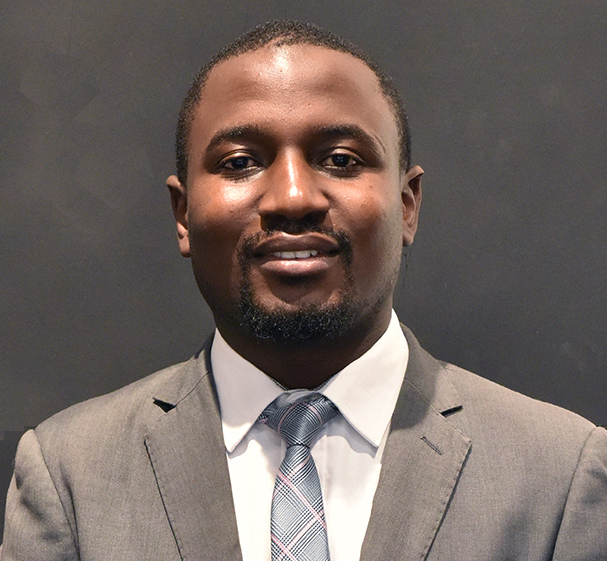
Dennis Mukuba
- Alumni
- Kenya
- 2017 MPhil Architecture and Urban Studies
- St Edmund's College
Three years of post-graduate work involving designing and master-planning new neighborhoods in Nairobi and its surroundings, I developed a sensitive appreciation of the challenges of peripheral urbanism in sub Saharan cities. My interest is to explore the suitability of design proposals for emerging satellite cities hither; in view of already existing urban challenges ranging from economic(budgetary), infrastructural, environmental, and local urban-planning policy. I am a 29 year old Kenyan designer and architect, alumnus of the University of Nairobi (B.Arch -2013), passionate about great design, to serve precedence in for healthier, conscious developing cities that have greater mobility and productivity. Through the Gates – Cambridge scholarship and within the Department of Architecture, I hope to exemplify these emerging urban areas in perspective of other successful satellite cities globally, measured against appropriate planning policy and sustainable domestic economic models. That will be my MPhil Architecture and Urban Studies.
Previous Education
University of Nairobi
Anna Mullin
- Scholar
- Australia, United Kingdom
- 2021 PhD Physics
- Trinity College
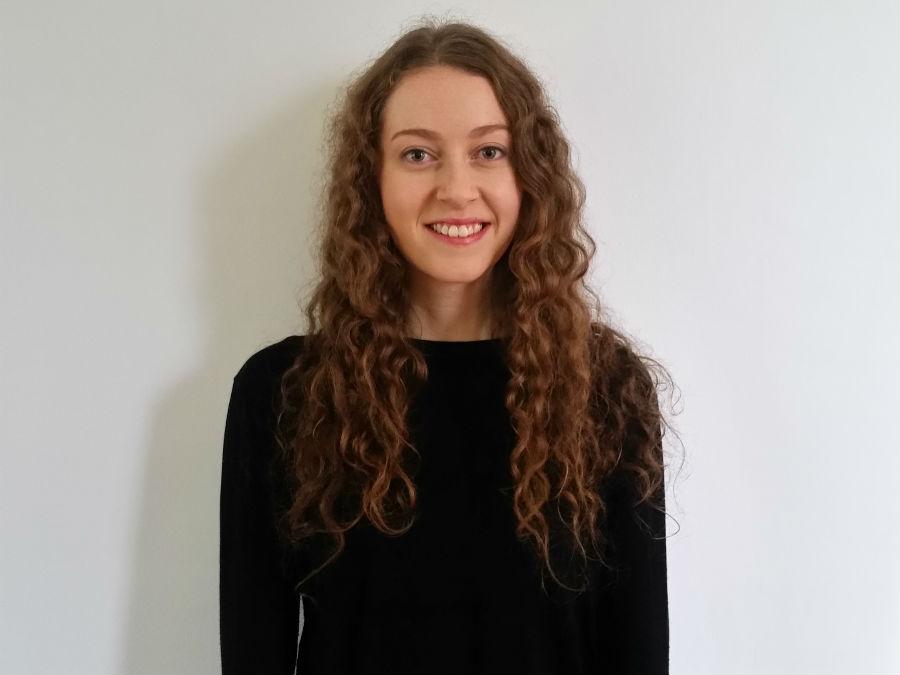
Anna Mullin
- Scholar
- Australia, United Kingdom
- 2021 PhD Physics
- Trinity College
Learning physics so far for me has taken place at the University of Adelaide, where I encountered particle physics research in theory and experiment which aims to discover how the constituents of matter piece together. Since childhood I have enjoyed libraries, where I found interest in many genres, including the physical sciences. Physics research brings me the challenges and slow joys of understanding, this time learning about what is to my mind the most rewarding area of knowledge: interactions on the smallest scales. I hope to learn more about the complexity in fundamental matter by creating new ways to probe its interactions more precisely. Continuing from my Masters research, I will study some of the remaining questions in particle physics, seeking signatures of new physics beyond the Standard Model. Improving our sensitivity to new physics is a key step towards detecting dark matter, which will be a fascinating discovery for physicists and non-physicists alike. I am passionate about connecting science research with the wider community, and wish to collaborate towards increasing enthusiasm for nature.
Previous Education
University of Adelaide Physics 2021
University of Adelaide Physics 2018
Sarah Mummah
- Alumni
- United States
- 2012 MPhil Public Health and Primary Care
2013 PhD Public Health and Primary Care - St John's College
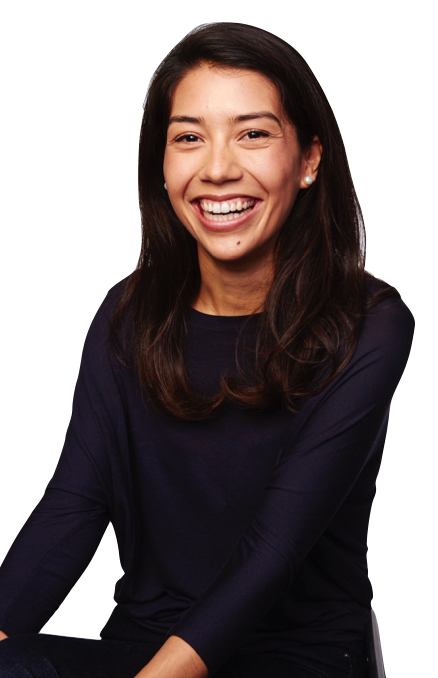
Sarah Mummah
- Alumni
- United States
- 2012 MPhil Public Health and Primary Care
2013 PhD Public Health and Primary Care - St John's College
At IDEO, Dr. Mummah leads design thinking processes to guide innovation and behavior design for products, systems, and services. She has advised Fortune 500 companies and startups including Google and Facebook and works across a range of industries including technology and health. Previously at Stanford University, she developed a framework to guide behavior design, and she created a mobile app, Vegethon, to motivate healthier eating behaviors. Her work received international recognition and was proven effective in clinical trials. Outside of IDEO, she is the Founder and Board President of DreamCatchers, an award-winning nonprofit organization she launched in 2008 to help low-income students thrive in school. A Fulbright Scholar and two-time Gates Cambridge Scholar, Dr. Mummah holds three degrees from Stanford and Cambridge Universities, including a Ph.D. in Behavioral Science. www.sarahmummah.com
Nitika Mummidivarapu
- Alumni
- United States
- 2019 MPhil History and Philosophy of Science and Medicine
- Newnham College
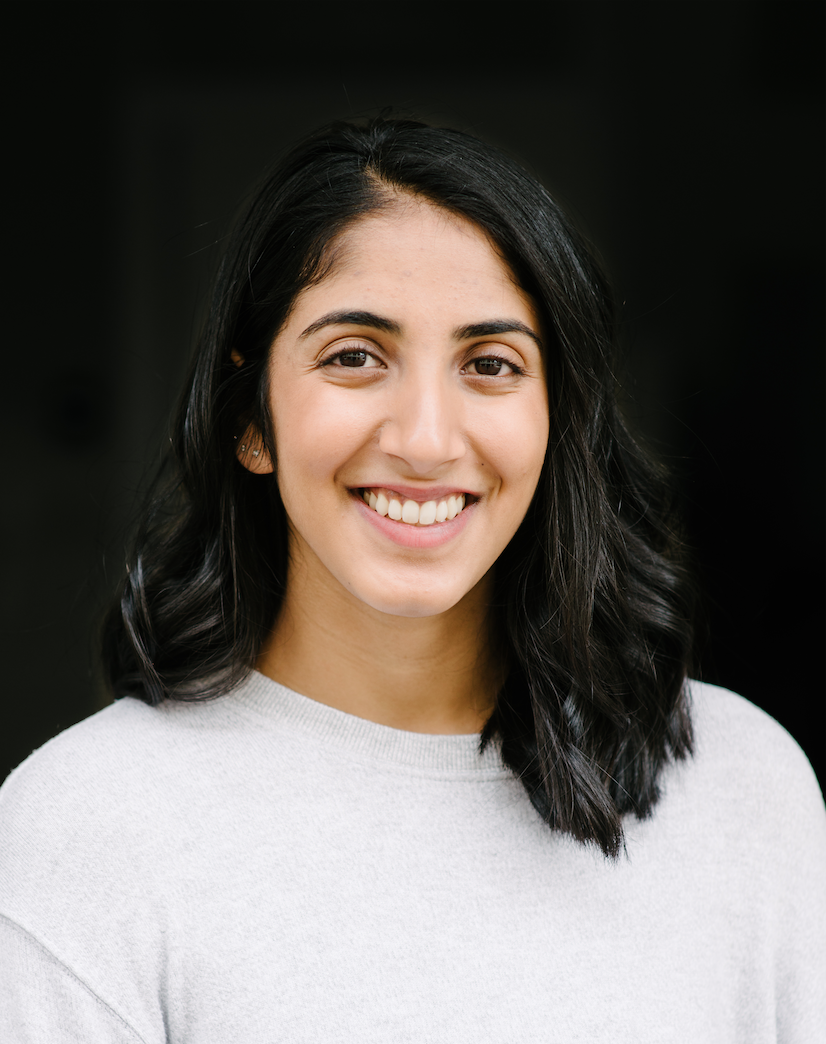
Nitika Mummidivarapu
- Alumni
- United States
- 2019 MPhil History and Philosophy of Science and Medicine
- Newnham College
As an Indian émigré raised in the Silicon Valley, I found that the progressive views of the area juxtaposed the cultural and religious aspects of my heritage. Balancing the fundamental ideologies of science and religion became an inherent struggle in my desire to understand how the world worked. Through my academic endeavors in the biological sciences and the humanities, I felt empowered to challenge the dichotomous view I had of the world. While volunteering in my community, I discovered the downstream effects of poorly-written scientific literature and the resulting consequences in healthcare. Frustrated by this mistrust in and misrepresentation of science, I began to explore the shortcomings and limitations of science as a practice. At Cambridge, I hope to explore and understand if appealing to a group’s cultural and religious values will improve their understanding and acceptance of scientific theories. I believe the merging of medicine and literature will be a central mode for understanding how to improve healthcare in a diverse and modern society.
Previous Education
University of California (Davis) Bachelors in Biochemistry and Molecular Bio 2019
Clara Munger
- Alumni
- France
- 2021 PhD Physiology, Development & Neuroscience
- St John's College
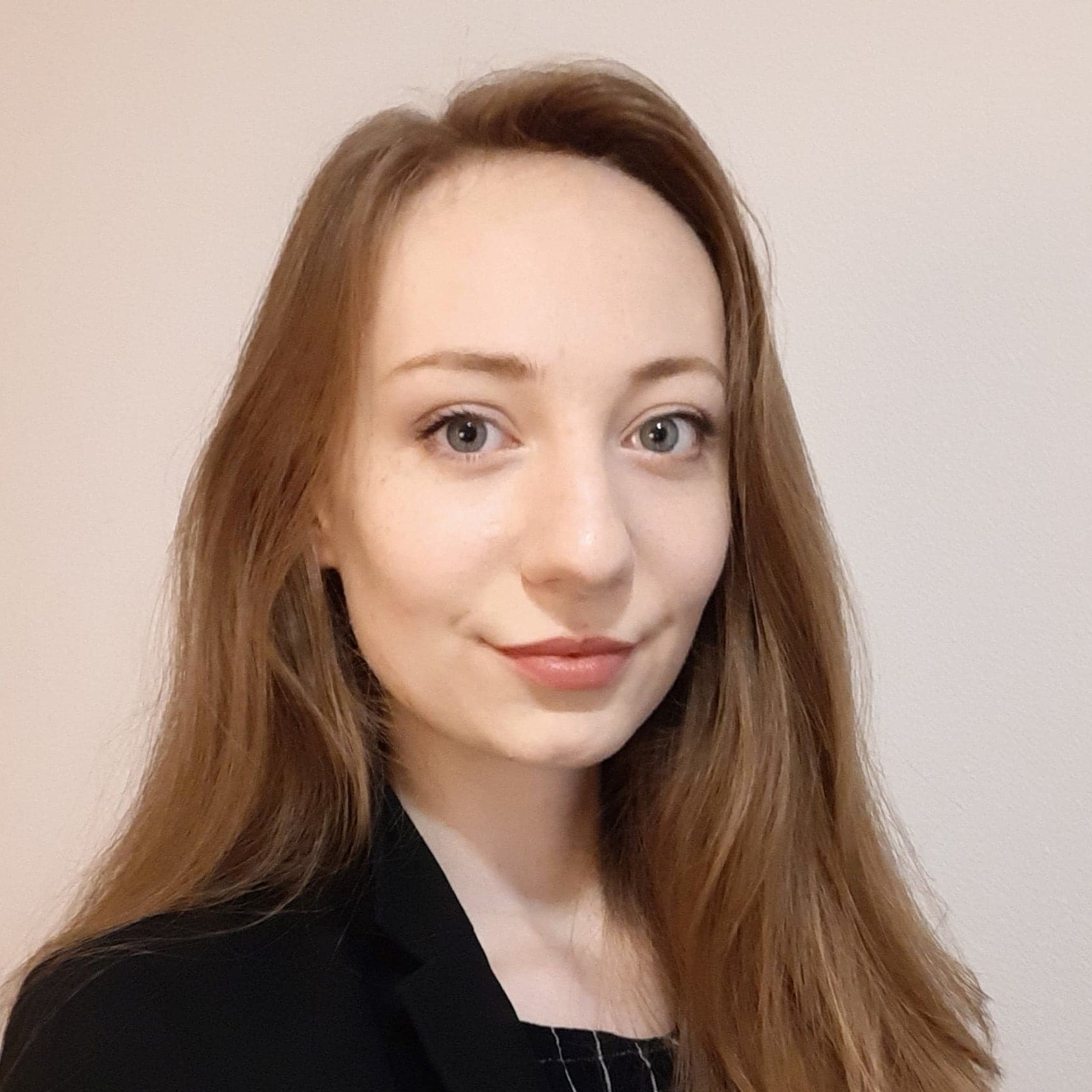
Clara Munger
- Alumni
- France
- 2021 PhD Physiology, Development & Neuroscience
- St John's College
My master's degree in natural sciences at AgroParisTech allowed to gain insights into different fields of biology and taught me an interdisciplinarity approach to science. Amazed by the zygote’s ability to form a complex organism from a single cell, I was particularly drawn to the field of developmental biology. Since the vast majority of developmental studies were performed in mice, during my PhD I wish to further elucidate embryonic development in our own species. Human peri-implantation development still remains a black box and I hope that by combining stem cell biology and microfluidic technologies, I will be able to shed light onto the underlaying mechanisms of how organisms form. Passionate about natural sciences, I wish for everyone to have access to such education. Therefore, I have been working for several years with the charity organization Agros Migrateurs, which aims to enable refugees arriving in France to resume their studies in the field of science. I am honoured to join the Gates Cambridge community, which shares a common desire to make a positive impact on the world.
Previous Education
AgroParisTech Biotechnology 2021
Lycée Jean Rostand Strasbourg BCPST 2017
Olivia Muoka
- Scholar
- Nigeria
- 2024 PhD Medical Science (CRUK CI)
- St John's College
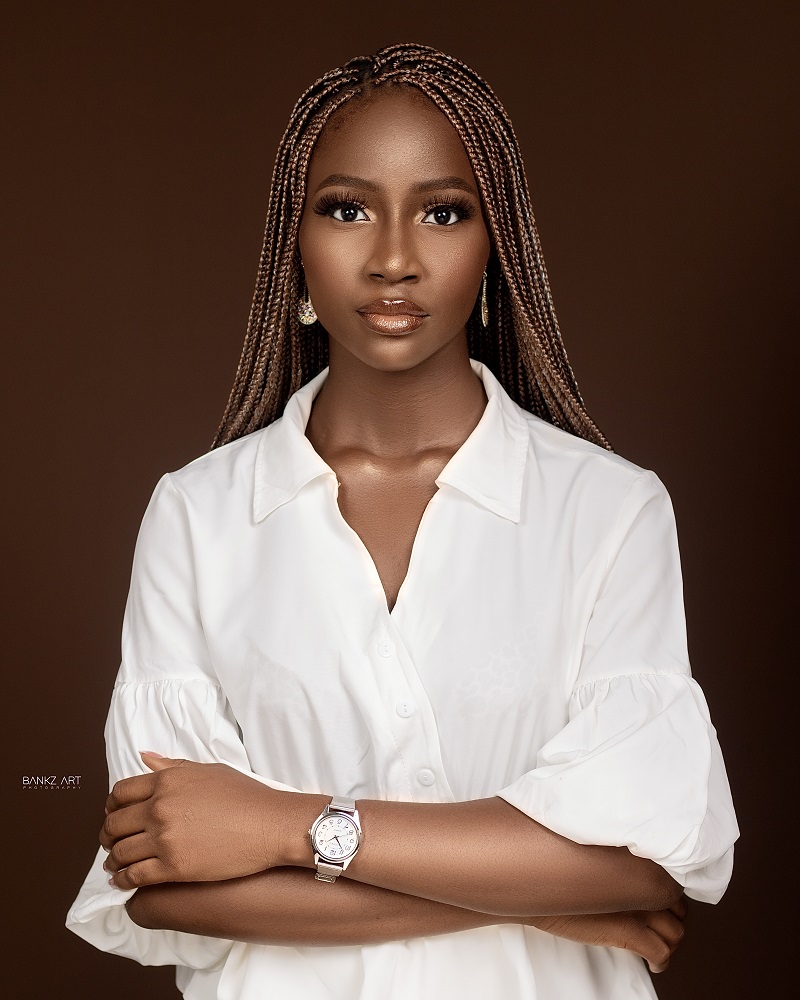
Olivia Muoka
- Scholar
- Nigeria
- 2024 PhD Medical Science (CRUK CI)
- St John's College
I was born and raised in Lagos, Nigeria, and obtained my Bachelor’s degree in Medical Laboratory Science from the University of Calabar, Nigeria. As an undergraduate, I conducted research assessing lung function and biomarkers of oxidative DNA damage and inflammation among woodworkers exposed to wood dust. During this period, I developed a keen interest in understanding the dynamic relationship between the immune system and cancer, and how the former can be harnessed to treat the latter. This fascination spurred my decision to further my studies at Cambridge, where I eagerly anticipate joining the esteemed Dr. Maike de la Roche's group to explore a role for Hedgehog signaling in B-cell biology. The potential therapeutic strategies for the treatment of cancer and other diseases represented by this work particularly excite me. Ultimately, I aspire to contribute significantly to reducing the burden of cancer both within Africa and globally by actively conducting research that utilizes features of the immune system to develop more targeted and personalized therapies. I feel super elated to be joining the Gates Cambridge community and I look forward to leveraging this invaluable experience to advance my goals and improve lives.
Previous Education
University of Calabar Medical Laboratory Science 2022
Emily Murphy
- Alumni
- United States
- 2003 PhD Experimental Psychology
- Trinity College
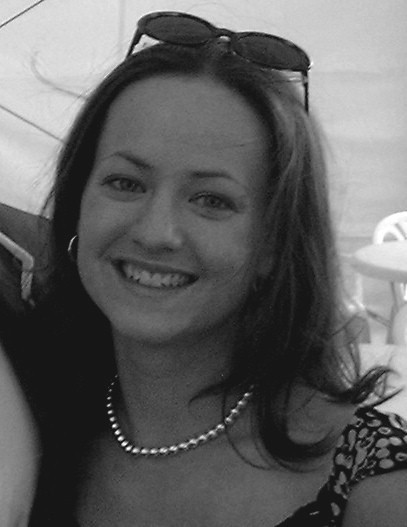
Emily Murphy
- Alumni
- United States
- 2003 PhD Experimental Psychology
- Trinity College
Georgina Murphy
- Alumni
- Ireland
- 2009 MPhil Development Studies
2010 PhD Public Health and Primary Care - St John's College
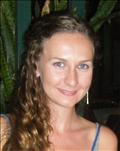
Georgina Murphy
- Alumni
- Ireland
- 2009 MPhil Development Studies
2010 PhD Public Health and Primary Care - St John's College
Nicholas Murphy
- Alumni
- United States
- 2013 MPhil Biological Science (Pathology)
- Darwin College
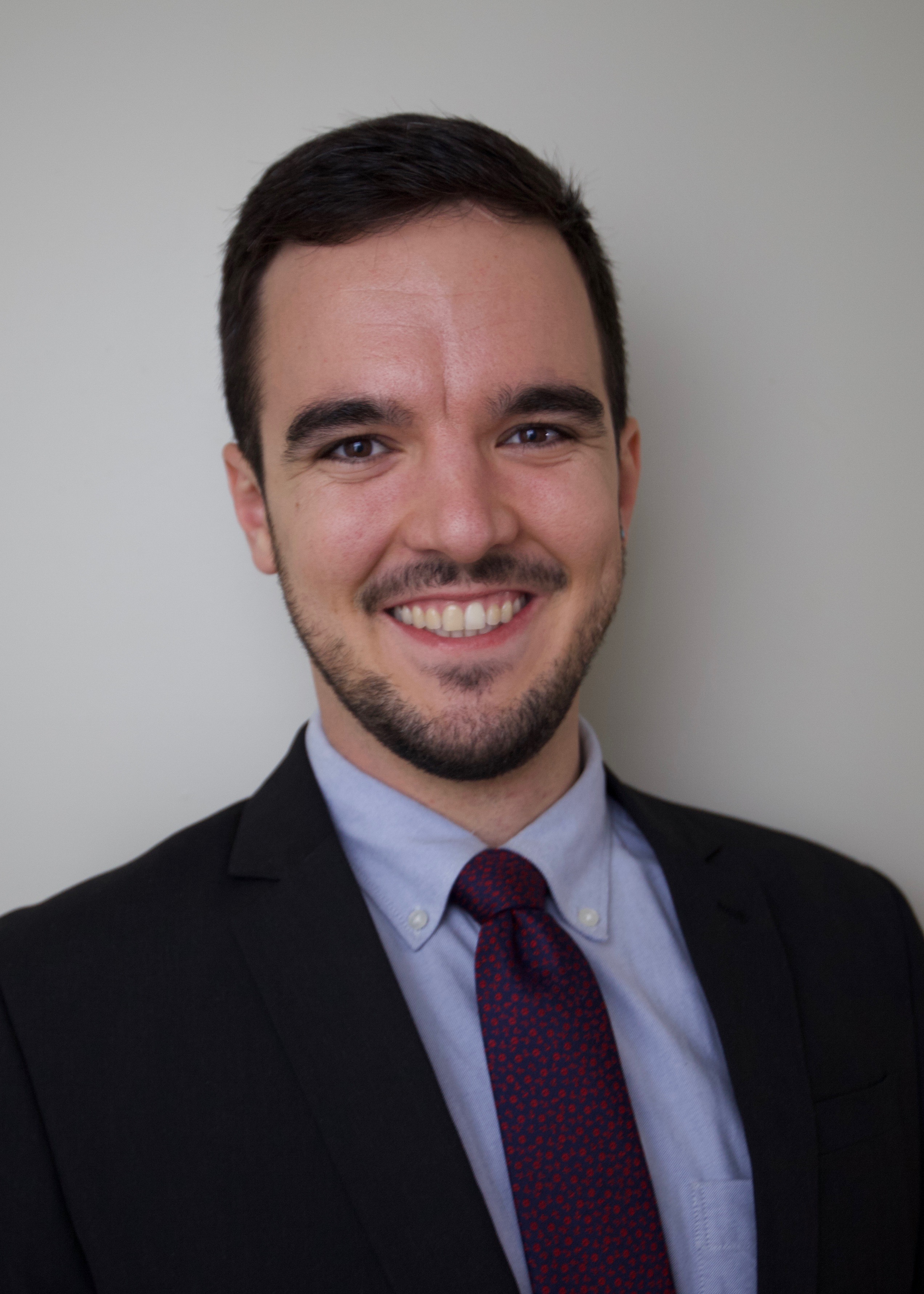
Nicholas Murphy
- Alumni
- United States
- 2013 MPhil Biological Science (Pathology)
- Darwin College
During my year as a Gates Cambridge Scholar, I completed my MPhil in Biological Sciences studying the nuclear envelope proteins of Trypanosoma brucei, the parasite which causes "African Sleeping Sickness." After completing this research, I turned from the bench towards the clinic and completed my MD at UCSF School of Medicine with focuses on infectious disease, social justice, drug addiction, point-of-care ultrasound and medical education.
Lindsey Murray
- Alumni
- United States
- 2013 MPhil Criminological Research
- Clare College
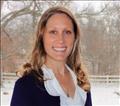
Lindsey Murray
- Alumni
- United States
- 2013 MPhil Criminological Research
- Clare College
Previous Education
Michigan State University M.S. Forensic Science 2006
University of Missouri B.S. Biological Sciences 2003
Alice Musabende
- Alumni
- Rwanda
- 2016 PhD Politics & International Stud
- Murray Edwards College (New Hall)
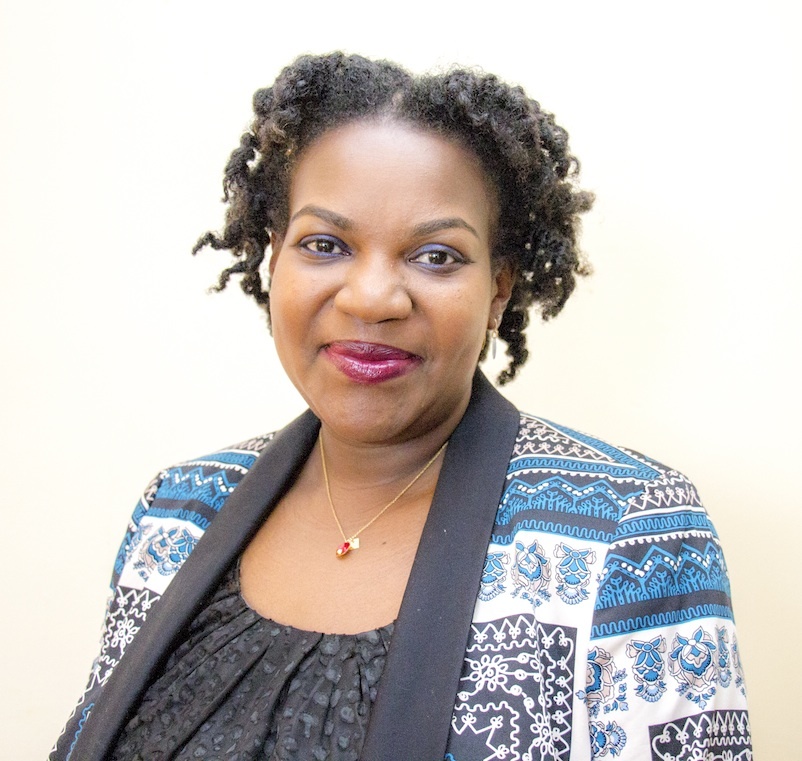
Alice Musabende
- Alumni
- Rwanda
- 2016 PhD Politics & International Stud
- Murray Edwards College (New Hall)
I was born and raised in Rwanda, and when I was 14 years old my family was killed during the Rwandan genocide against the Tutsis of 1994. Although I was too young to understand its roots, this tragedy would forever shatter my life and shape the person I would become. I graduated from Rwanda’s first School of Journalism and I hold a Master’s in Journalism from Carleton University. I have worked as a journalist in Canada’s major news organizations. I am currently completing a Master’s in International Development Studies from Dalhousie University and have previously worked as an international development worker in Rwanda. At Cambridge, I will be researching further the dynamics of peacebuilding in the context of post-conflict countries in the Great Lakes of Africa, by investigating ways through which international organizations navigate the normative crosscurrents that come with peacebuilding. Centered around the issues of democratization and democratic recognition, this research seeks to explore how international actors respond to post-conflict countries when they express a strong wish to articulate the agenda, the levers they have as well as ways in which they use them. Ultimately, I seek to contribute my perspectives as an African scholar to a better understanding of peacebuilding on the continent and in the world.
Previous Education
Carleton University
Université Nationale du Rwanda
Dalhousie University
Alex Myhill
- Scholar
- Australia, South Africa
- 2022 PhD Earth Sciences
- Robinson College

Alex Myhill
- Scholar
- Australia, South Africa
- 2022 PhD Earth Sciences
- Robinson College
I grew up in North Queensland where I completed my schooling and subsequent undergraduate education at James Cook University. I was very fortunate to have wonderful role models of family and teachers who instilled in me a desire to learn more and understand the world better; as well as a passion to pass on my knowledge to others. Through their guidance and support I realised that I wanted to pursue physical sciences, which led to my undergraduate degree and my MASt in Physics at Cambridge. During my master’s year I decided I wanted to pursue a PhD in Earth Sciences because, remarkably, there is still much we don't understand about the Earth! My project will examine new techniques for the efficient computation of whole Earth oscillations generated by the largest Earthquakes. I hope that this will lead to new understanding of currently poorly characterised and potentially compositionally distinct parts of the Earth. This work will influence broader aspects of Earth Sciences, hopefully leading to better understanding of the processes of the deep interior. I am deeply honoured to have been chosen as a Gates Cambridge scholar and look forward to the opportunity to interact and collaborate with fellow scholars.
Previous Education
University of Cambridge Physics 2022
James Cook University of North Queensland Physics 2020
James Cook University of North Queensland Chemistry 2019
Jack Myhre
- Alumni
- United States
- 2019 MPhil Engineering for Sustainable Development
- Magdalene College
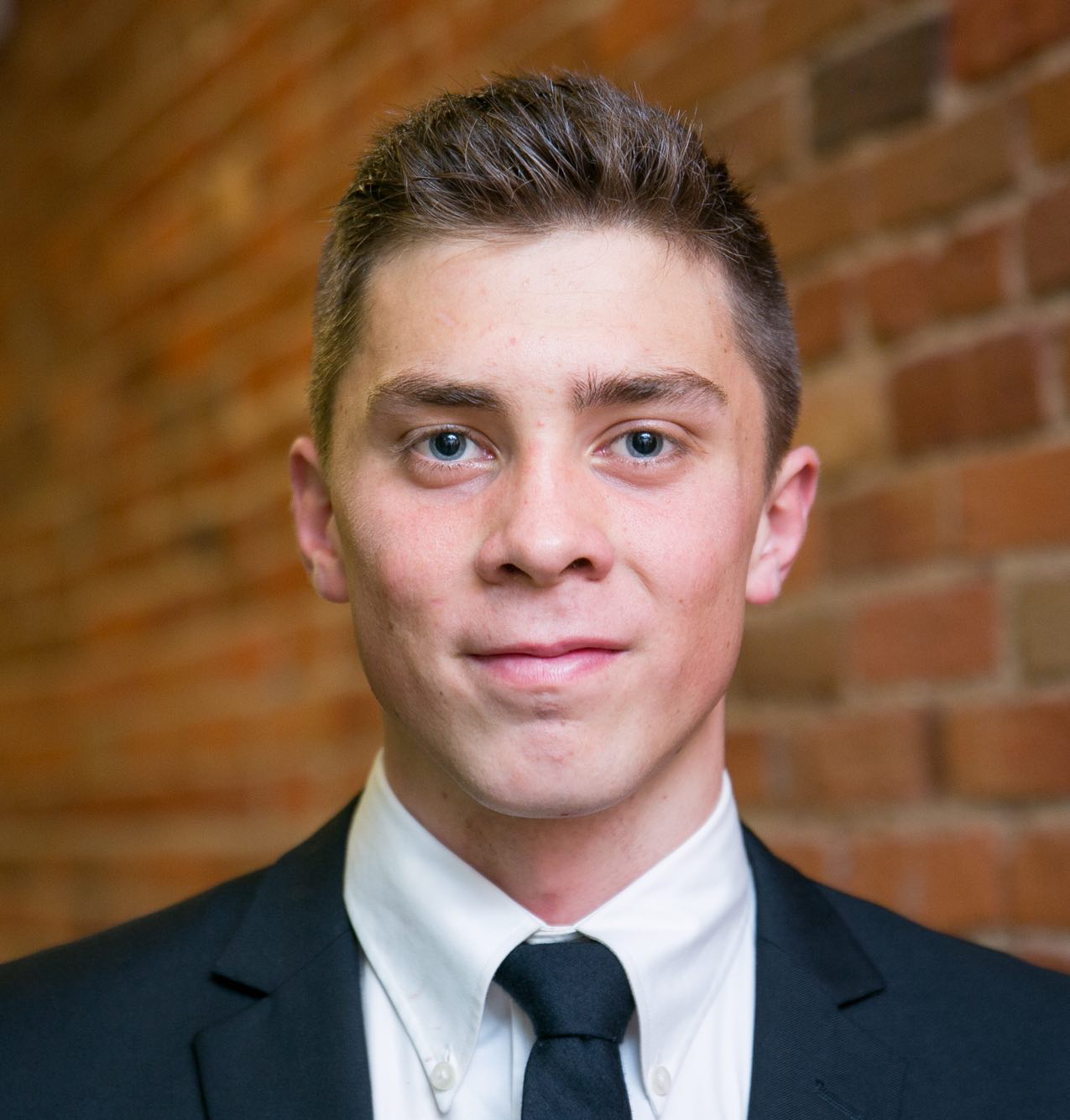
Jack Myhre
- Alumni
- United States
- 2019 MPhil Engineering for Sustainable Development
- Magdalene College
My life has been characterized by travel and shifting residences, yet my home will always be East Africa where I was born. Its stunning vistas and resilient people have a 20 year hold on my wandering heart. Yet both are threatened by the deterioration of climate and the disregard we as humans have shown to the world. Graduating with a major in Mechanical Engineering and a minor in Energy Engineering from Duke University, I hope to take this background and learn how to use my education to slow, stop, or replace engineering practices that are destroying the environment. During the past few years, I had the opportunity to complete several internships working in rural Burundi, where my work ranged from building design to solar installation. In addition, my studies of Energy Engineering in New Zealand sparked my interest in creating technical solutions that limit environmental impact while pushing global change. The Gates Cambridge Scholarship has given me the opportunity to continue this passion with Engineering for Sustainable Development. It is my hope that I can use the skills this program teaches me, to help the rapidly developing communities of East Africa grow in a sustainable way, with a particular focus on sources of renewable energy.
Previous Education
Duke University Minor in Energy Engineering 2019
Florence Nabwire
- Alumni
- Kenya
- 2013 PhD Biological Science
- Queens' College

Florence Nabwire
- Alumni
- Kenya
- 2013 PhD Biological Science
- Queens' College
Florence Nabwire is a Research Associate and Prince of Wales Junior Research Fellow at CISL, MRC Epidemiology Unit, and Wolfson College. Her current research focuses on strategies for sustainable improvement in maternal and child nutrition in sub-Saharan Africa. Florence is a nutritionist with pre-doctoral working experience in nutrition programming in Sub-Saharan Africa.
Previous Education
University Of Nairobi MSc. Applied Human Nutrition 2011
University Of Nairobi BSc. Food Science and Technology 2008
Links
Pranay Nadella
- Alumni
- United States
- 2018 MPhil Public Health
- Christ's College
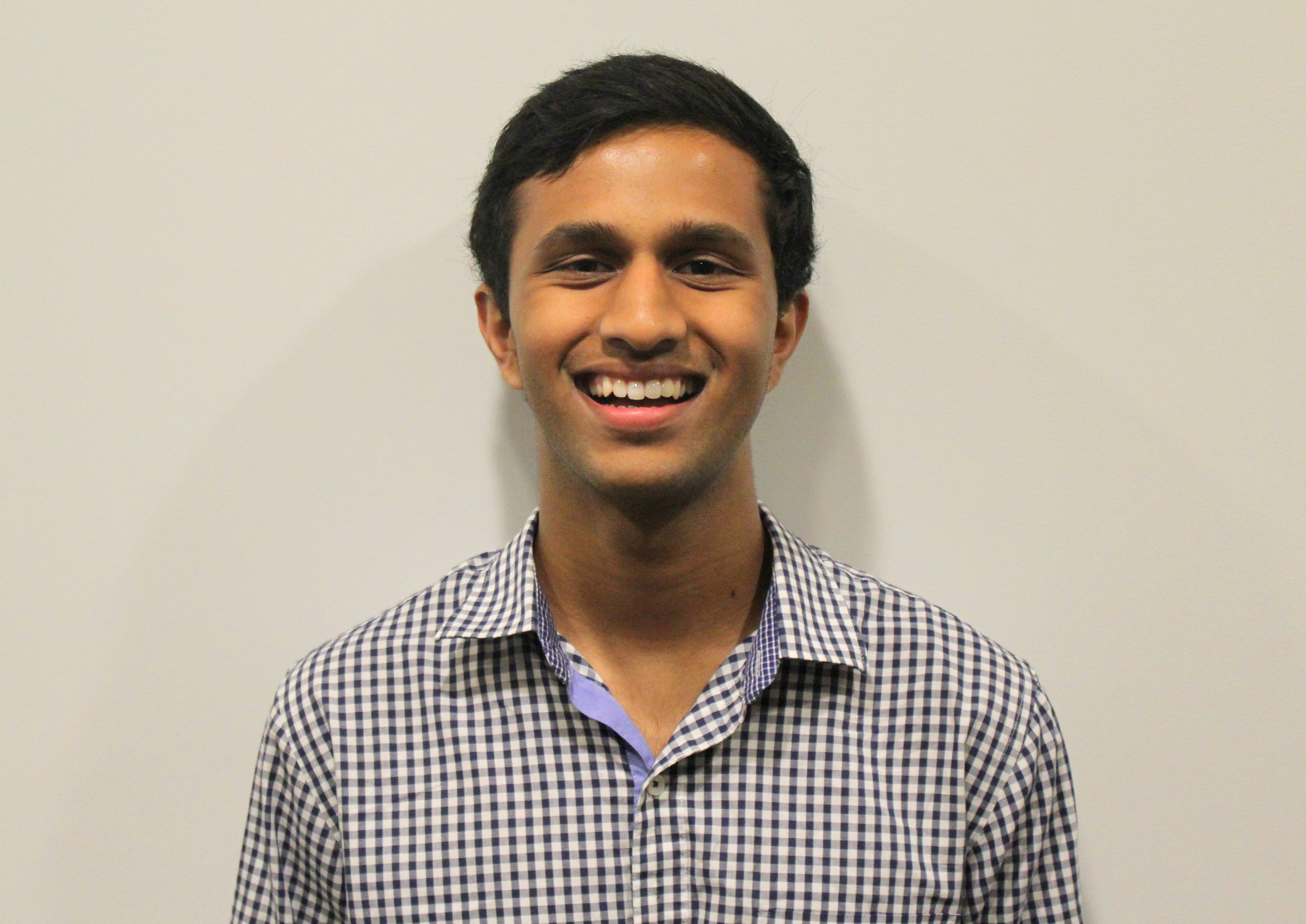
Pranay Nadella
- Alumni
- United States
- 2018 MPhil Public Health
- Christ's College
I grew up in suburban New Jersey as the son of immigrants from southern India. My father is from a small village called Pedapulivarru, which inspires my passion for health equity in underserved communities. Community service, which was central to my life growing up, showed me how similar disparities exist in the U.S. as well. Currently, I'm a medical student at the University of Pennsylvania. At Cambridge, I studied the MPhil in Epidemiology and pursued my thesis research on the Impact of India's Community Health Workers on Antenatal and Infant Health. Prior to Cambridge, I received my BA in Molecular and Cellular Biology with a minor in Statistics from Harvard University. At Harvard, I published research on vaccination timing in Tanzania, led a global health advocacy organization, and directed national youth campaigns for the March of Dimes, a U.S.-based non-profit focused on preventing preterm birth.
Previous Education
Harvard University
Shishir Nagaraja
- Alumni
- India
- 2003 PhD Computer Science
- St John's College

Shishir Nagaraja
- Alumni
- India
- 2003 PhD Computer Science
- St John's College
I work on anonymity, privacy and traffic analysis in networks. Specifically, I am trying to understand how topology of networks (social, political and biological ) are affected by the dynamics of conflict unfolding on top of them.
Previous Education
Bangalore University -PES Institute of Technology
Vinit Nagarajan
- Alumni
- India
- 2005 MPhil Finance
- Hughes Hall

Vinit Nagarajan
- Alumni
- India
- 2005 MPhil Finance
- Hughes Hall
I'm glad to have the opportunity to study at Cambridge. I'm going to be studying for an M.Phil in Finance at the Judge Institute. Over the next year, I hope to further improve my understanding of finance and the financial markets, meet a lot of interesting people and enjoy the entire Cambridge experience.








